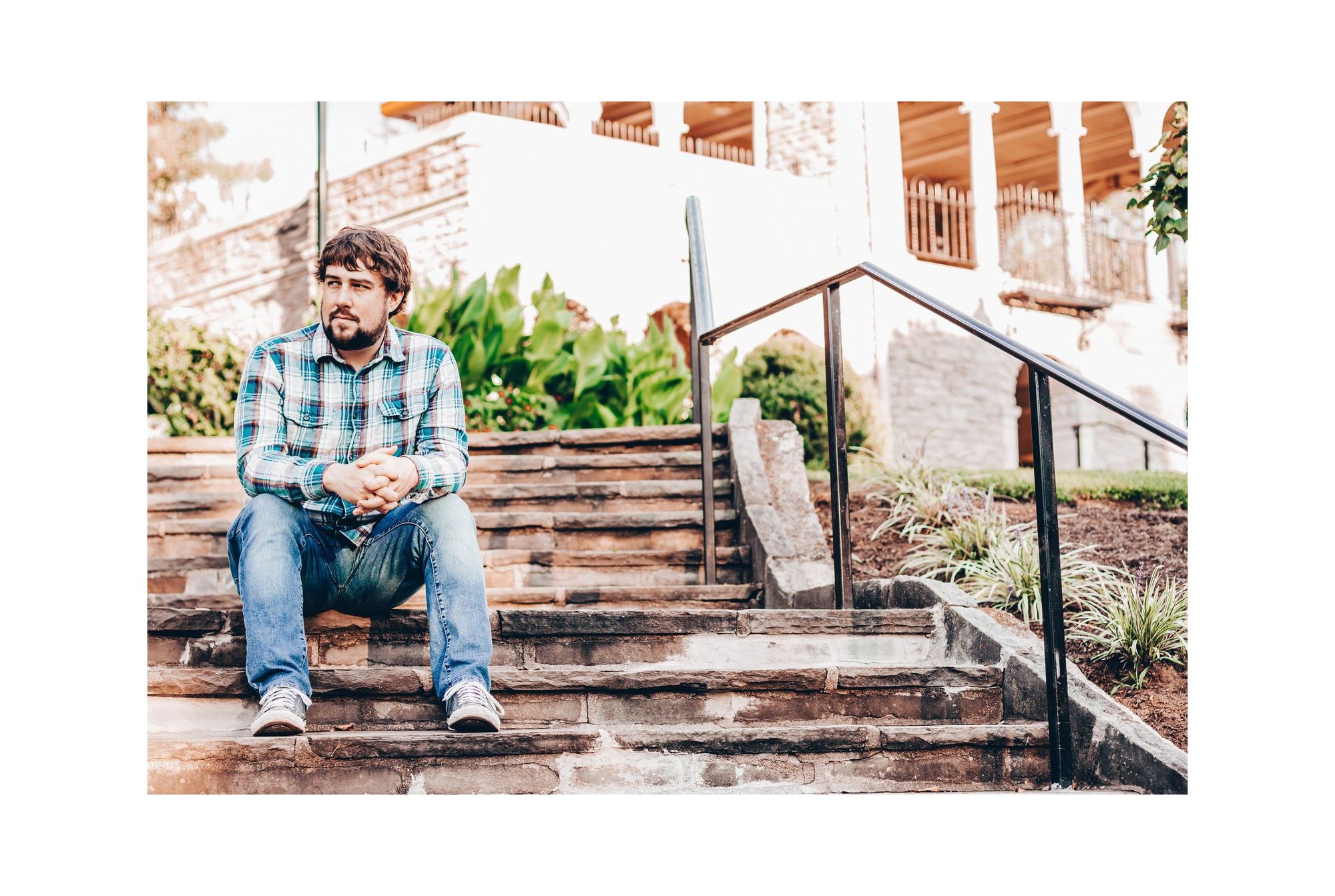Interested in starting your own entrepreneurial journey in music & entertainment but unsure what to expect? Then read up on our interview with Jesse Strickland, a Composer and Music Theorist, based in Cincinnati, OH, USA.
What's your business, and who are your customers?
I'm a composer, and music theorist, so I work primarily in writing and analyzing music. I work with a few different groups of musicians who have different needs. As a composer, I write music for ensembles or solo performers. I write a lot of choir music - I've been in choirs since 1st grade. I've also got my work as a solo recording artist.
On the music theory side of things, I provide video resources for music educators and students who are learning music theory, music history, or composition. Those resources include free videos on a platform like YouTube and premium online courses. In addition to the help, I also give presentations to high school and university classes in person or on zoom. These projects likely include too many music puns - but I stand by them.

Tell us about yourself
After graduating with my undergrad, I worked as a music director in local churches for a few years. I then got a job as a composer-in-residence at a church. While I was there, a band director friend of mine asked me if I could make some short, easy-to-understand videos about music theory. Music theory and composition are very closely related to me.
So, I uploaded my first Two Minute Music Theory video to YouTube in 2015. I honestly thought very little of it at first. It was a fun thing I did after work. It picked up in late 2016 while I was getting my master's in composition. I started adding videos about design and music history as they became more popular. Eventually, I had enough success on YouTube to enter partnerships with educational video platforms worldwide.
As a composer, I love creating and exploring new music from the ground up and working with other musicians in that creation process. And as a music theorist, music theory is a valuable tool for all musicians and doesn't have to be confusing. I love getting to help musicians understand the theory. Music is a lot of fun. It's the most significant art form. I've got some bias. But it's a great honor to get to make music every day.
What's your biggest accomplishment as a business owner?
My music theory videos are helping music students understand music theory in at least 50 countries, to my knowledge. I don't know how the language translation thing is happening. I've never done a video that wasn't in English. But it's cool that the videos' impact is that far-reaching. My former professors are also using my videos in their classrooms videos about topics they initially taught me about, which is surreal.
What's one of the hardest things that come with being a business owner?
While I love the freedom to set my hours and have a lot of creative freedom, that freedom can be overwhelming when trying to figure out what to do next. I've got ADHD and dyslexia, and both of those mean that many days I'm fighting a war with my brain to get stuff done.
Feedback is often very slow. Sometimes I will find out how a project performs over several months. That feedback can be critical when paychecks are inconsistent for a freelancer and when trying to decide what direction to go.
What are the top tips you'd give to anyone looking to start, run and grow a business today?
- I'm sure that most people who asked this question would say something to the effect of "make sure you're passionate about it," but it's true. Music is well-documented as not a well-paying field, so I've had to find a lot of different income streams. Covid made it that much harder, as live music disappeared for a while. My income in the early days was also tied to social media algorithms. The hard days would be devastating if the passion weren't there.
- Be realistic about support from your friends and family. This applies to those in niche fields. Sure, your friends and family can come to support you if you own a restaurant or something that every human needs. But my engineer's friends don't need to purchase sheet music from me or learn about advanced music theory; they probably need to find someone who does. It can feel like they are unsupportive or apathetic, but their lives have little crossover with your field. And that's okay.
- Make the thing that is honest to you. And maybe that's only helpful to other creatives - I wonder if that would be helpful to, say, a fitness instructor. As a musician, it's effortless to look at other, more successful musicians and try to emulate them (which isn't always a bad thing). But I've found more success, and I've been more fulfilled when I've written music in my style or made videos in my format.
Where can people find you and your business?
Website: https://www.jessestrickland.com/
Facebook: https://www.facebook.com/jessestricklandmusic
Instagram: https://www.instagram.com/jgstrickland7/
LinkedIn: https://www.linkedin.com/in/jesse-strickland-592026a5/
If you like what you've read here and have your own story as a solo or small business entrepreneur that you'd like to share, then please answer these interview questions. We'd love to feature your journey on these pages.
Turn your craft into recurring revenue with Subkit. Start your subscription offering in minutes and supercharge it with growth levers. Get early access here.
